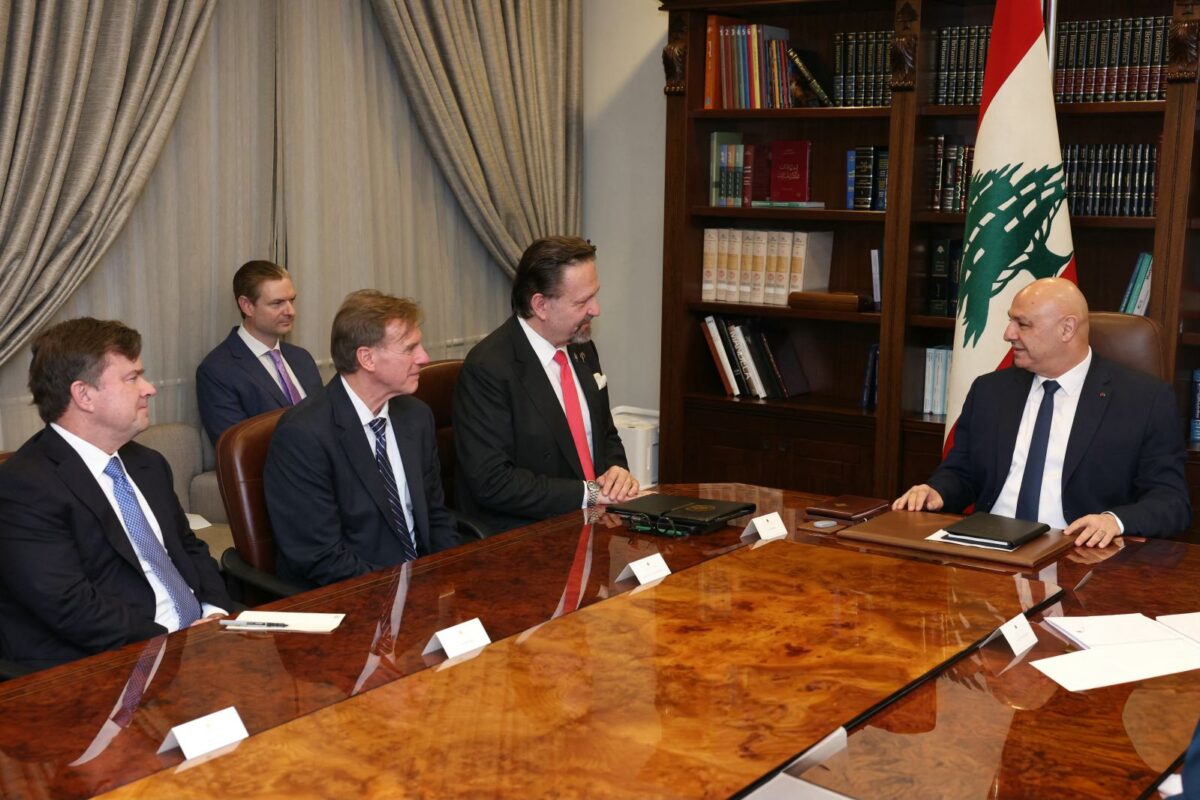
Driving the news:
During a meeting at Baabda Palace, President Joseph Aoun told a visiting U.S. Treasury delegation led by Dr. Sebastian Gorka, Deputy Assistant to the U.S. President for Terrorist Financing, that Lebanon is rigorously applying anti–money laundering and counterterrorism financing measures. He cited reforms such as the amended banking secrecy law, bank restructuring plans, and Central Bank circulars as proof of progress.
Why it matters:
For Washington, the message was clear: financial impunity and armed impunity are two sides of the same coin. As Lebanon stalls on disarmament, it also drags its feet on controlling illicit funding networks that sustain corruption and armed groups—chief among them Hezbollah.
Between the lines:
The U.S. Treasury’s engagement marks a shift from pure security coordination to financial accountability.
American officials see Lebanon’s failure to enforce international financial compliance as part of the same structural weakness that allows Hezbollah to retain parallel power.
The amended banking secrecy law and talk of addressing the “fiscal gap” remain largely cosmetic without real enforcement or transparency.
Officials privately note that money laundering, smuggling, and illicit capital flows through Lebanon’s shadow networks have become central to Hezbollah’s survival architecture.
Zoom out:
While Aoun emphasized Lebanon’s commitment to “preventing money laundering and financing terrorism,” U.S. officials came with a different priority: results, not declarations. The visit followed growing frustration in Washington over:
The slow pace of IMF negotiations and lack of structural reform.
The absence of prosecutions in major financial scandals.
The failure to implement exclusive state control over arms and borders, as outlined in UNSCR 1701.
What they’re saying:
President Aoun said the option of negotiation with Israel “stems from the fact that the war did not lead anywhere” but stressed that it requires “a cessation of hostilities and stability in the south.” U.S. officials, for their part, reiterated support for the Lebanese Army and the extension of state authority—not as an abstract goal, but as a condition for further assistance.
The bottom line:
Washington’s patience with Lebanon’s dual crises—financial delinquency and armed disorder—is wearing thin. The message from the Treasury delegation was unmistakable: a state that cannot regulate its banks will never control its weapons. Both reforms are prerequisites for sovereignty, and delay on either front risks leaving Lebanon in perpetual dependence—financially bankrupt and politically hostage.







